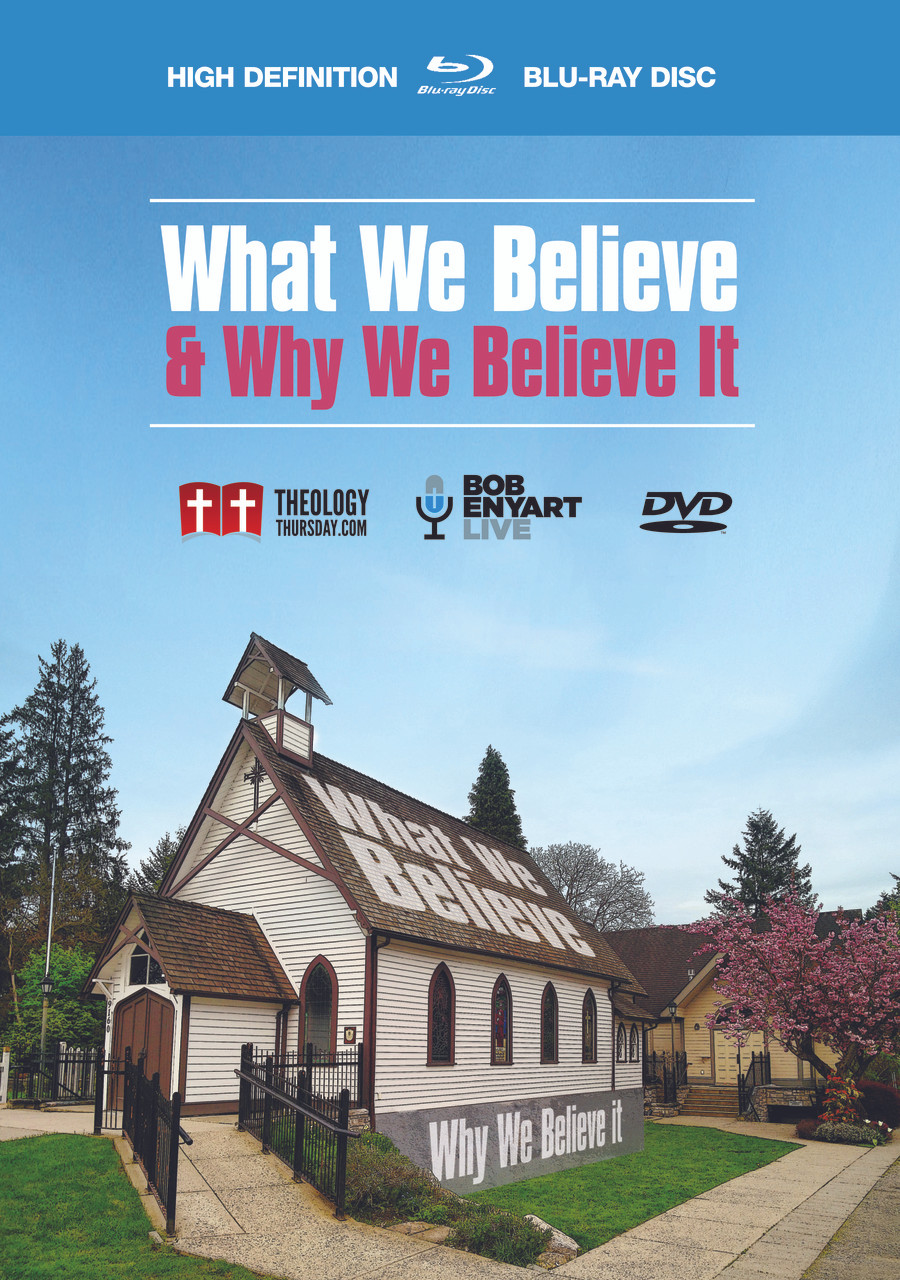What We Believe and Why
Origins of Belief
Across Cultures and Continents
Beliefs stem from the places and times we are born into. Had one been born in ancient India, Buddhism may have been a guiding philosophy. In China before Christ, Confucianism held sway during dynasties like Han and Tang. In the Indian subcontinent 1500-600 BC, Hinduism emerged as civilization shifted. For those born Jewish in the Middle East 2000 years ago, God spoke to Abraham.

Nature and Spirit in Japan
Japan’s indigenous faith, Shinto, dates back to the 6th century CE. At its core is reverence for kami, or nature spirits. Through countless public shrines scattered nationwide, the Japanese traditionally interacted with these spirits. Shinto imbued cultural traditions like dress, dance and rituals with spiritual significance. Over 80,000 shrines remain active touchpoints with Japan’s animistic past.
Individual Journeys of Belief
Finding Purpose without Deity
For some, spirituality arises independently of established religions. The speaker finds psychological and emotional comfort unnecessary. What truly matters is living with purpose and positive impact. Distributing kindness fulfills this individual more than promises of an afterlife.
Luck of Birth Impacts Worldview
Where one is born hugely shapes ensuing beliefs. Had circumstances differed, any person could have adopted alternate philosophies. Life presents mix of fortune, with no guarantees favoring the faithful. Whether religious or not, individuals experience comparable outcomes. Beliefs alone fail to dictate health, wealth or longevity.
Realizing Life’s Value from Within
If an afterlife cannot be proven, the current life assumes utmost importance. By maximizing compassion here and now, one find significance. Staying true to one’s conscience better serves the present than currying imagined favor. An just higher power would respect principled living over rigid adherence regardless of birth advantages. Inner virtue, not religion, endure as life’s compass.
Questioning Divine Influence
Inconsistencies Undermine Credence
Why do some recover from illness while others perish, apparently by divine will? Does a loving deity selectively save based on unfinished tasks, age or favor? Absent logical consistency, faith appears emotionally-driven more than fact-based. Believers fare no different than non-believers on measurable scales.
Religious Trappings Obscure True Well-Being
Blind obedience threatens more than it protects in some cases. One woman remains in an abusive marriage solely out of afterlife fear. Her real happiness and safety suffer for unfounded theological risks. When doctrine damages living experiences, its authority warrants reexamination.
Accountability Lies with Claims, Not Skeptics
Should a higher power truly desire spiritual enlightenment for all, providing undeniable proof poses minimal difficulty. For doubters who strive to treat others with compassion regardless, conscience remains clear. Any being privy to human thoughts would recognize principled disagreement, not defiant transgression. The onus lies with claimants to convincingly substantiate extraordinary assertions, not objectors.
Perspectives on the Purpose of Life
Religion as an Attempt to Find Meaning
Humans innately seek understanding and order. Faced with life’s uncertainties, early societies conceived gods to explain existence’s very fact. While religion filled this void for some, its assumptions require reconsideration in an evidence-driven age.
Alternative Sources of Purpose and Fulfillment
For non-believers, purpose emerges from maximizing positive impacts within the finite lifetime. By cultivating empathy, generosity and personal growth, each day gains significance independent of predetermined cosmic schemes. Nature offers enlightenment to those who observe with open yet scrutinizing minds.
Living Ethically with Gratitude for Chance
No preordained plan or otherworldly justice govern life’s inequities. By accepting accidents of birth and circumstance beyond control, the present moment comes into clear focus. There individuals can consciously steer their actions and relationships toward compassion. Maintaining perspective on destiny’s unscripted nature promotes mindfulness and appreciation each day.
Concluding Thoughts
Diverse paths lead to fulfilling lives and insights about existence’s deeper questions. While many find answers within religion, others derive equallyvalid philosophies from alternative directions. Open dialogue across differences has always advanced societal well-being more than imposition of singular truths. Ultimately each individual must discern life’s purpose through independent reasoning on life’s gifts, limitations and potential for positive influence.
